Now accepting research students in the Centre for Midwifery & Women’s Health (CMWH)
A Master’s by Research (M.Res.) is a great introduction to the research process, enabling the student to explore a specific area under the supervision of experienced researchers. It contains little or no formal taught component. This type of study gives you the chance to explore a research topic over a shorter time than a more in-depth Ph.D. M.Res. students can undertake a one year full-time or two years part-time Master’s degree. For more details see here.
CMWH is currently accepting MRes (and PhD) applications in the following areas:
Early / latent phase labour (Prof. Vanora Hundley)
Infant feeding (Asso. Prof. Catherine Angell)
Pain management, pain education, musculoskeletal and pelvic pain, pelvic floor muscle dysfunction, women’s health (Prof. Carol Clark)
Women’s health in a changing global climate (Dr. Becky Neall)
Drowning prevention in low-and-middle-income countries (Prof. Edwin van Teijlingen)
Cardiometabolic health during pre-conception and pregnancy (Dr. Sumanto Haldar)
Exercise and pregnancy (Dr. Malika Felton)
Chronic musculoskeletal pain, lifestyle factors, human metabolism, and the use of data science in the pain field (Dr. Omer Elma)
Women’s alcohol consumption and nutritional status (Dr. Chloe Casey)
Nutrition in women’s health (including LGBT+ populations) (Dr. Sarah Hillier)
 Occasionally we have the pleasure to announce that one of our papers has been read 300 times or 2,000 times or has been cited 40 times. However, some papers are in a different category. Today ResearchGate informed us that our 2002 paper ‘The Importance of Pilot Studies’ [1] has been read 160,000 times. This paper was written over two decades ago and submitted to the Nursing Standard when we were both still at the University of Aberdeen in Scotland.
Occasionally we have the pleasure to announce that one of our papers has been read 300 times or 2,000 times or has been cited 40 times. However, some papers are in a different category. Today ResearchGate informed us that our 2002 paper ‘The Importance of Pilot Studies’ [1] has been read 160,000 times. This paper was written over two decades ago and submitted to the Nursing Standard when we were both still at the University of Aberdeen in Scotland.
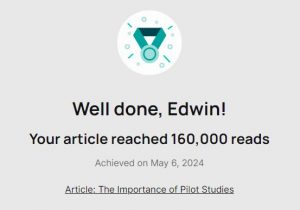

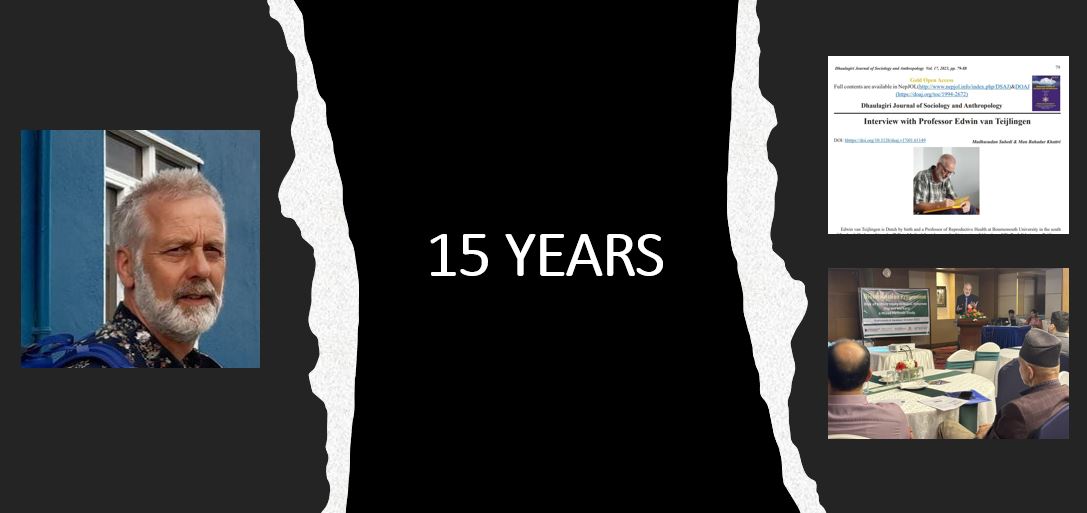

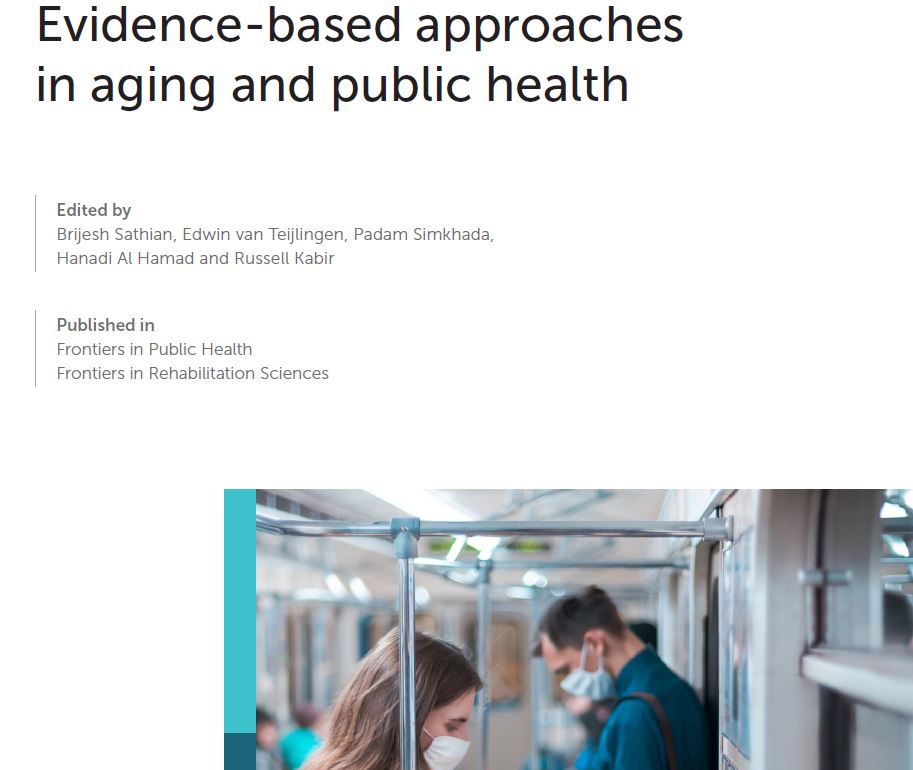
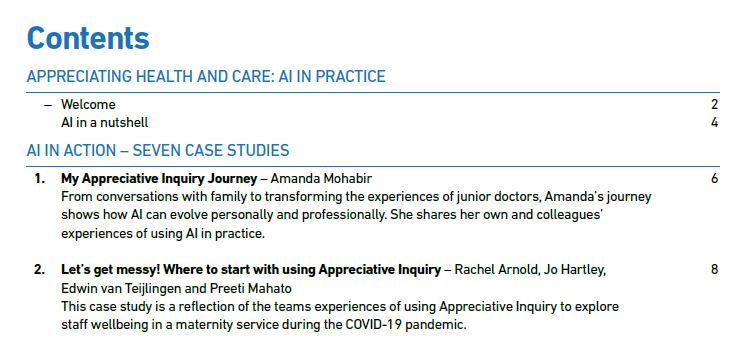

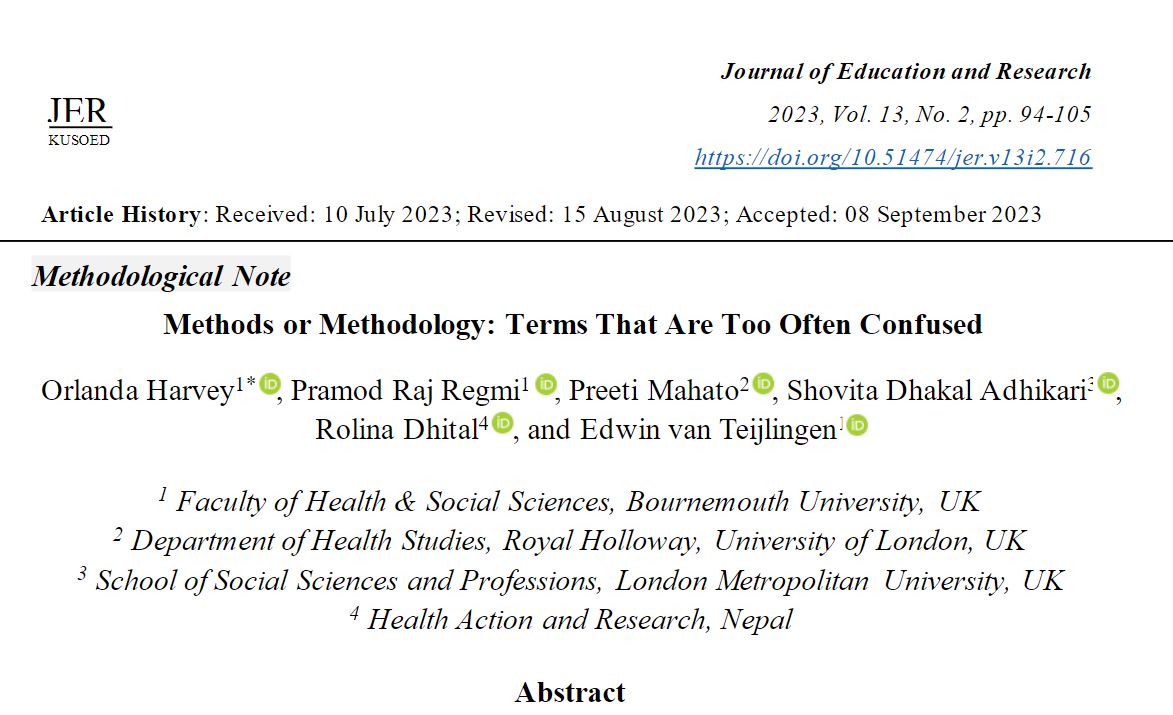
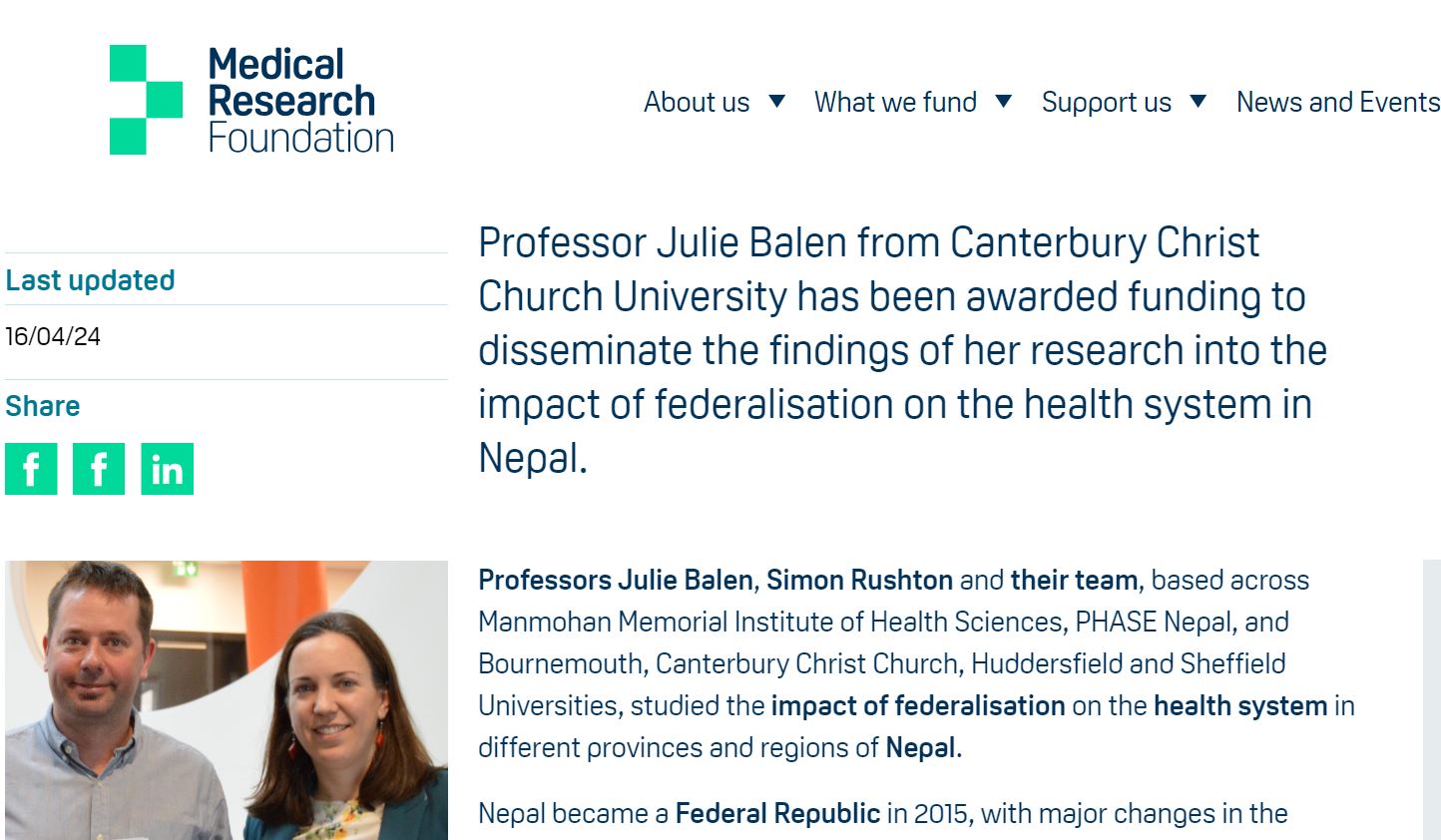
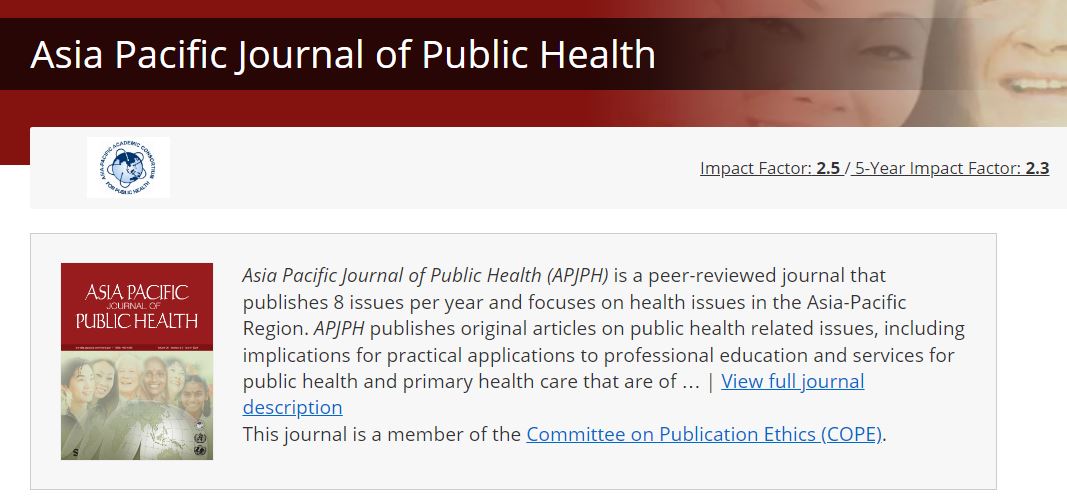
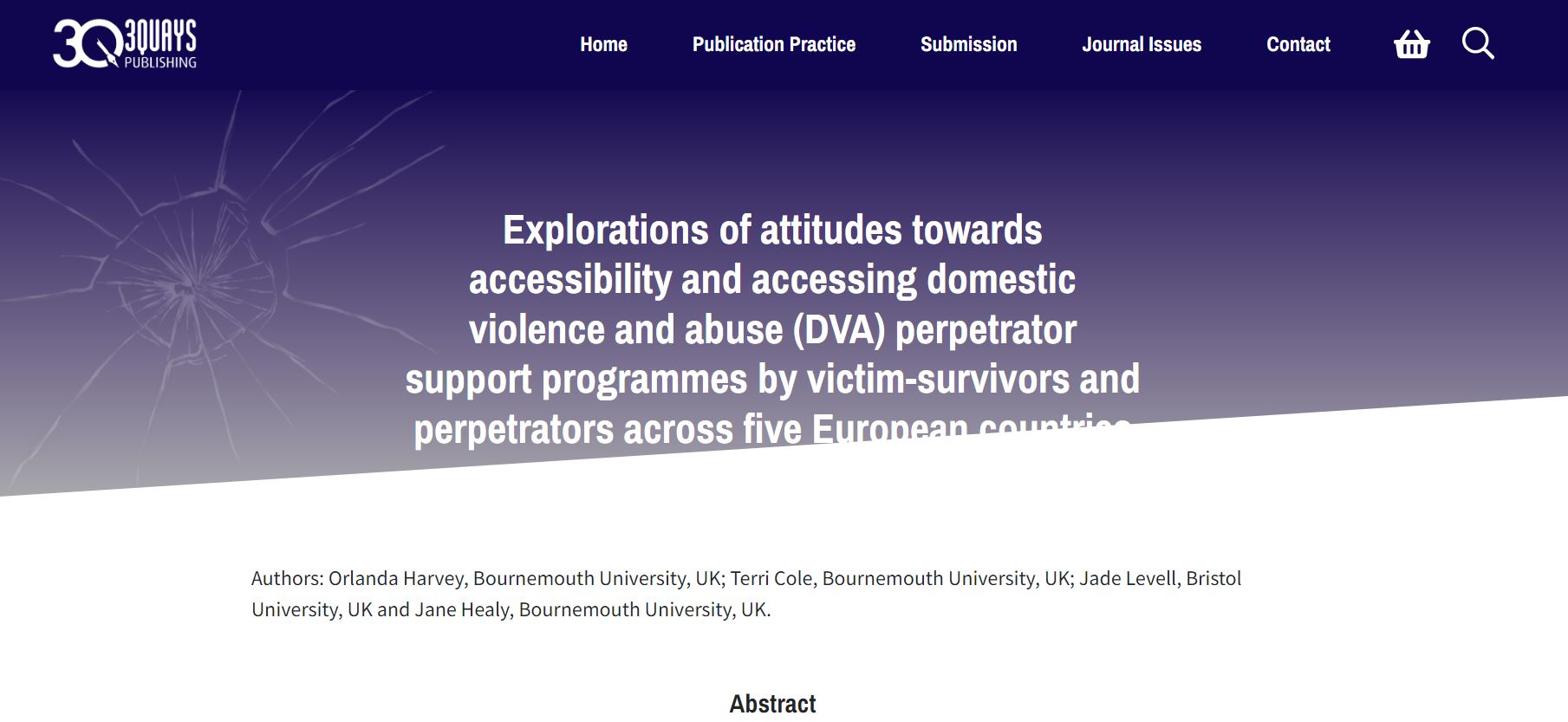
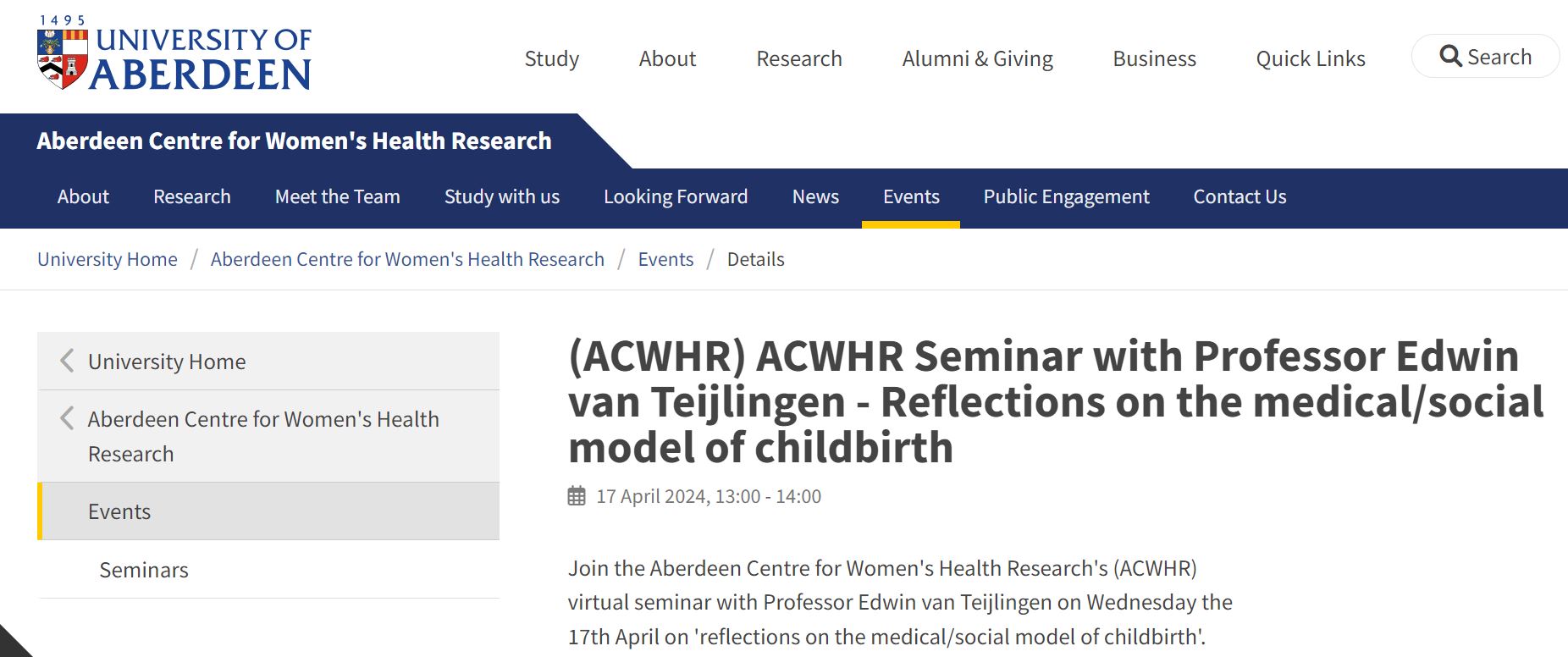
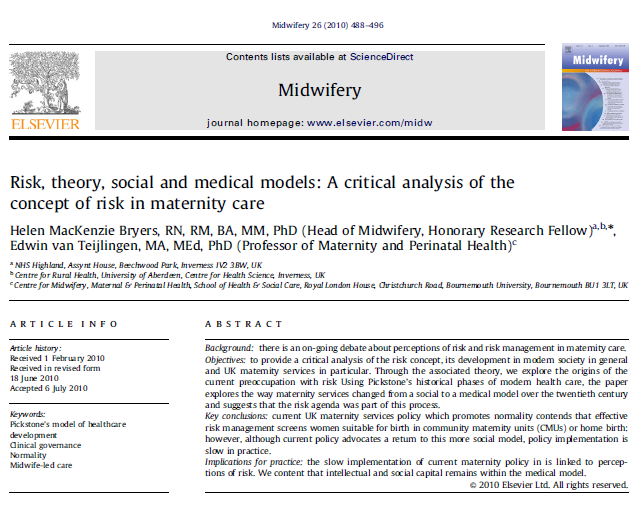
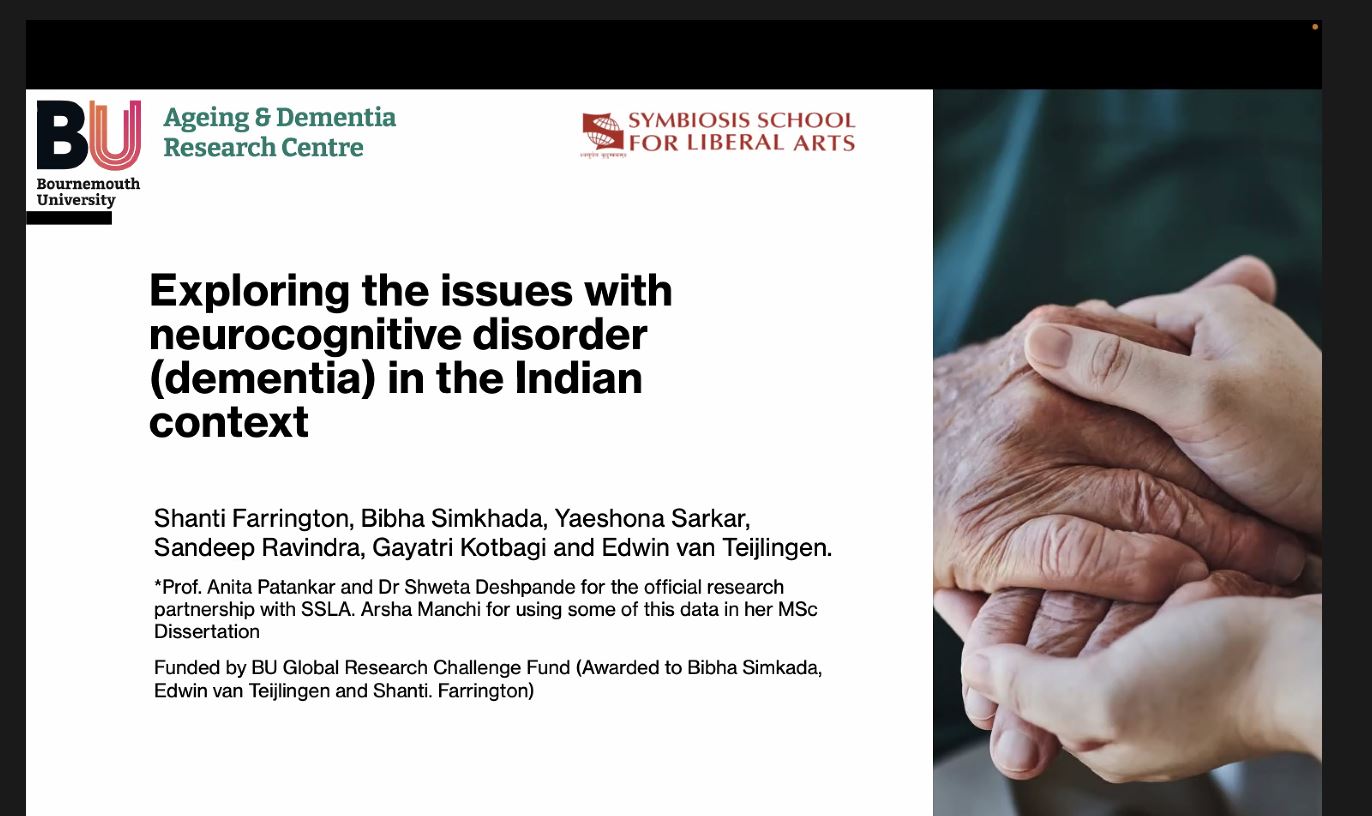

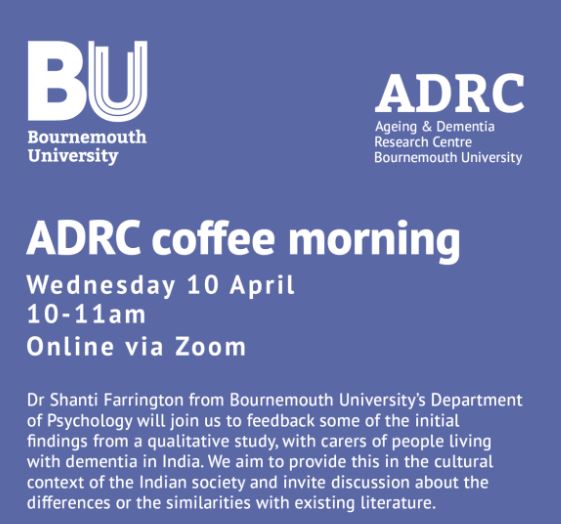
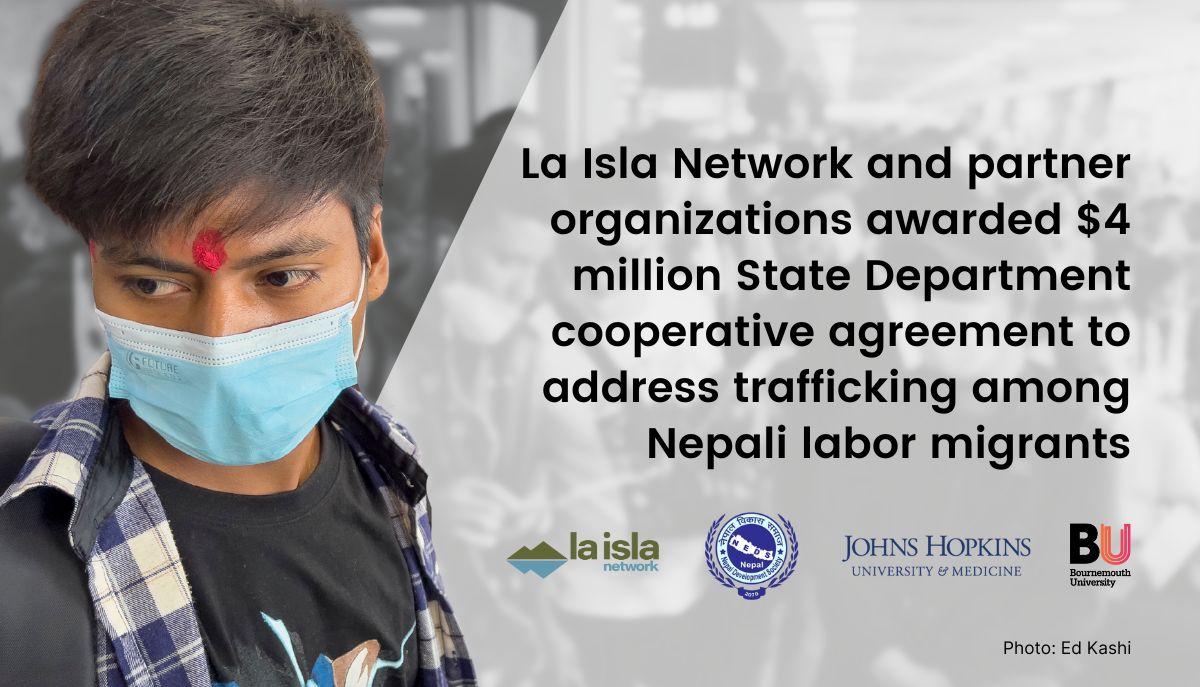
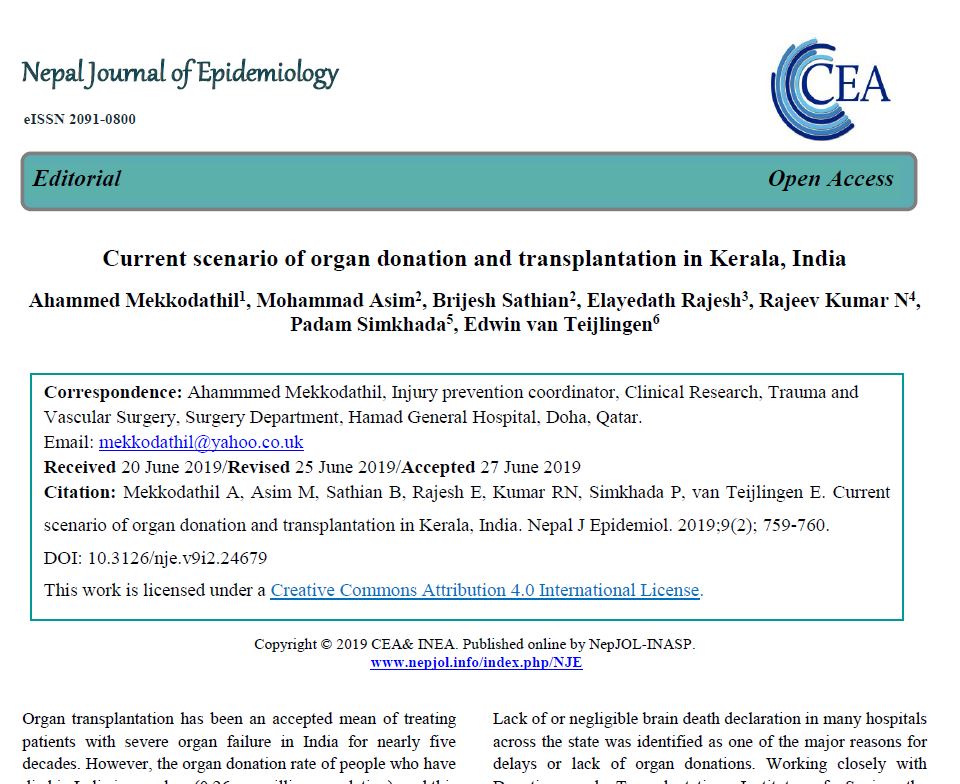
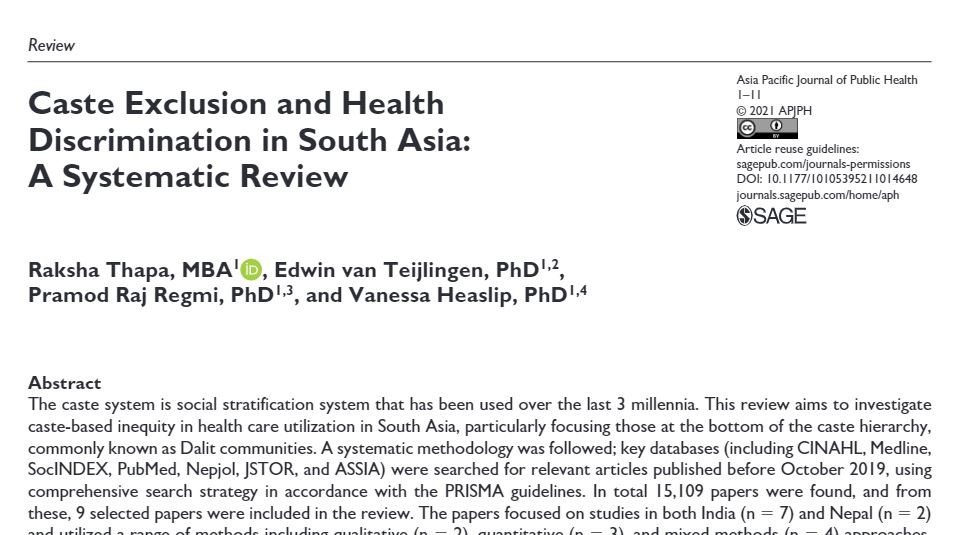
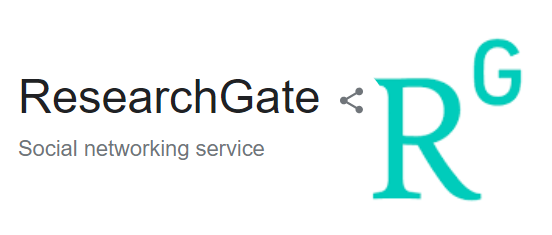
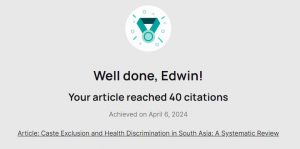

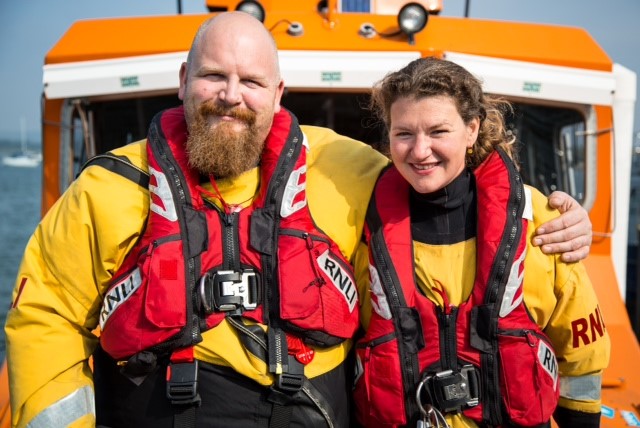



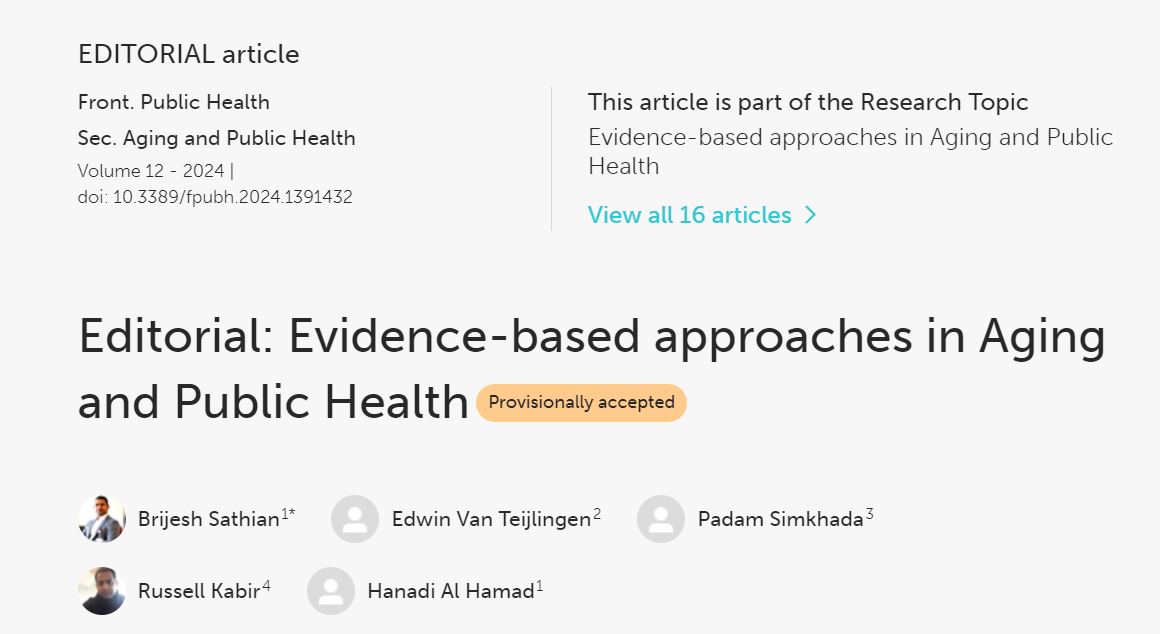

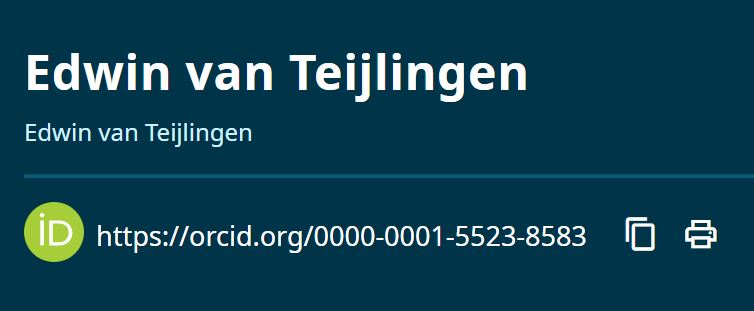

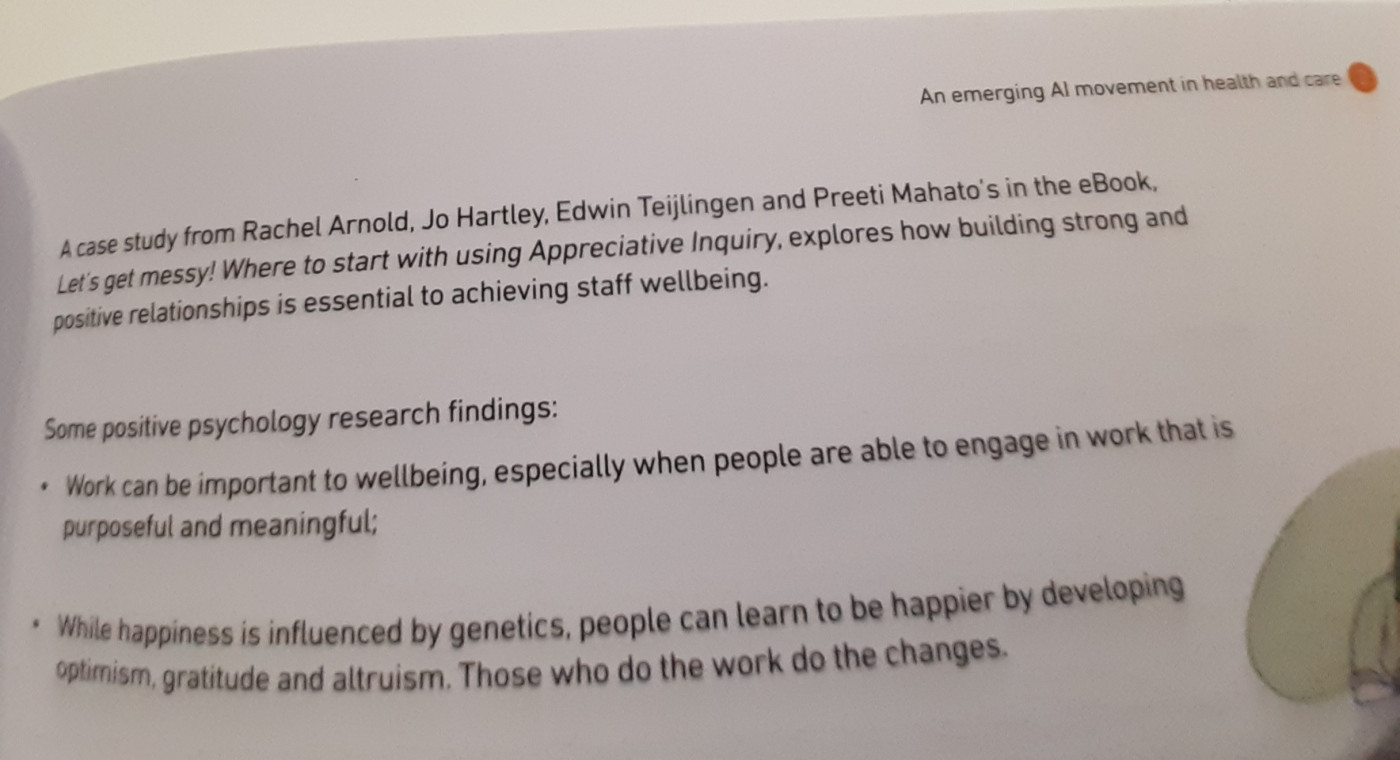
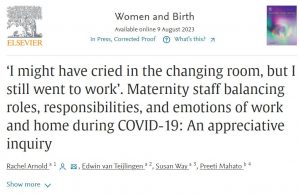
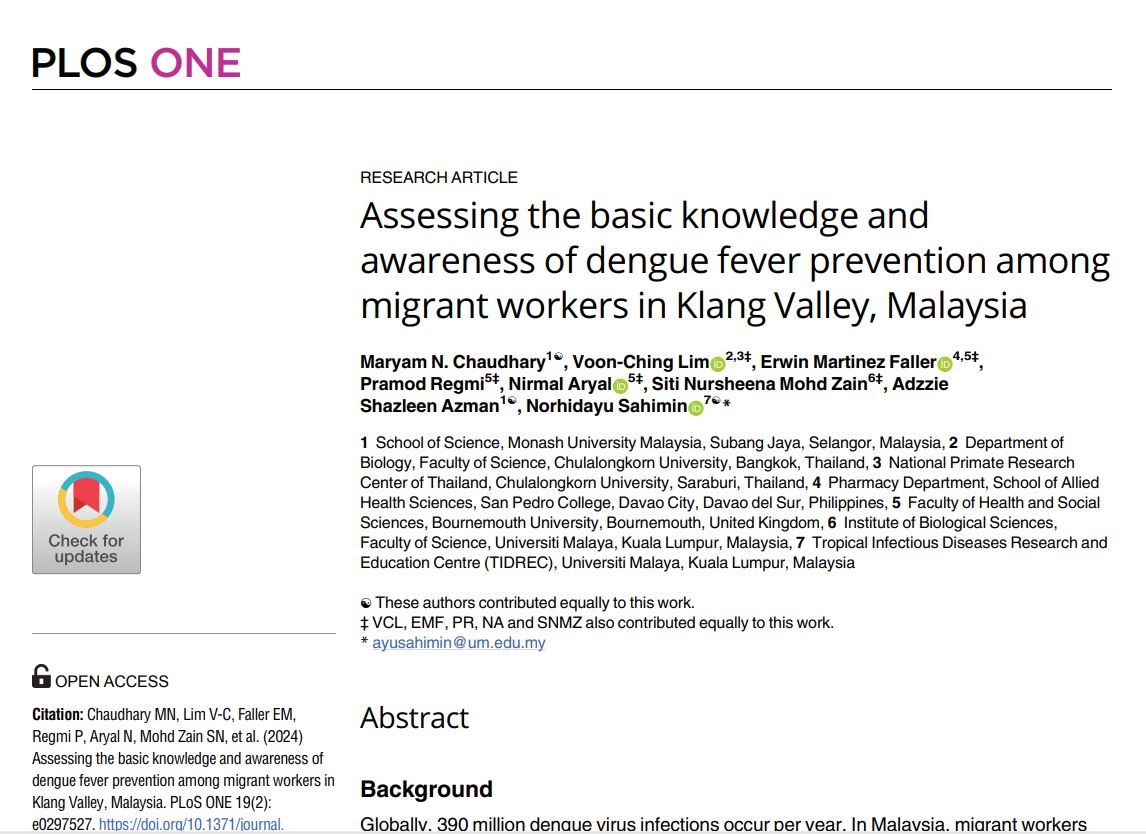











 REF Code of Practice consultation is open!
REF Code of Practice consultation is open! BU Leads AI-Driven Work Package in EU Horizon SUSHEAS Project
BU Leads AI-Driven Work Package in EU Horizon SUSHEAS Project Evidence Synthesis Centre open at Kathmandu University
Evidence Synthesis Centre open at Kathmandu University Expand Your Impact: Collaboration and Networking Workshops for Researchers
Expand Your Impact: Collaboration and Networking Workshops for Researchers ECR Funding Open Call: Research Culture & Community Grant – Apply now
ECR Funding Open Call: Research Culture & Community Grant – Apply now ECR Funding Open Call: Research Culture & Community Grant – Application Deadline Friday 12 December
ECR Funding Open Call: Research Culture & Community Grant – Application Deadline Friday 12 December MSCA Postdoctoral Fellowships 2025 Call
MSCA Postdoctoral Fellowships 2025 Call ERC Advanced Grant 2025 Webinar
ERC Advanced Grant 2025 Webinar Update on UKRO services
Update on UKRO services European research project exploring use of ‘virtual twins’ to better manage metabolic associated fatty liver disease
European research project exploring use of ‘virtual twins’ to better manage metabolic associated fatty liver disease